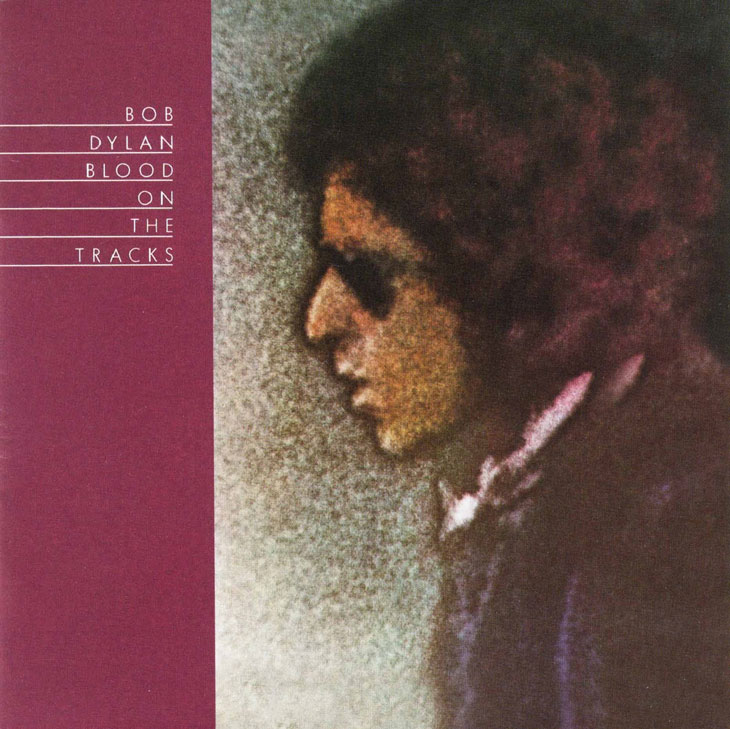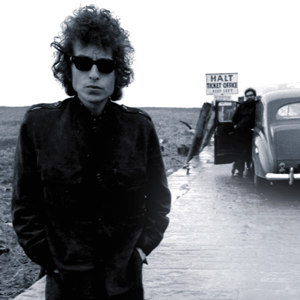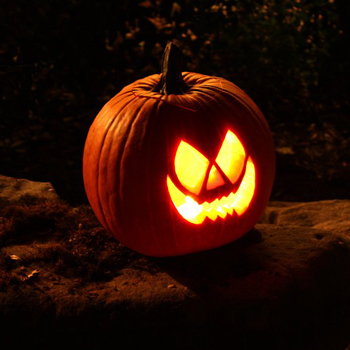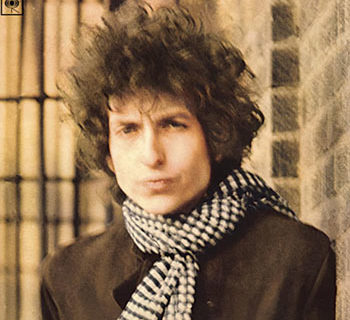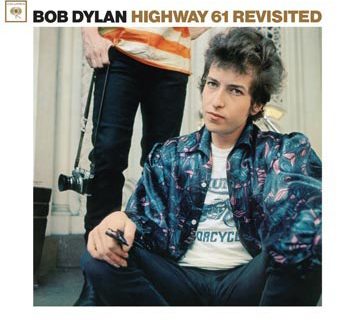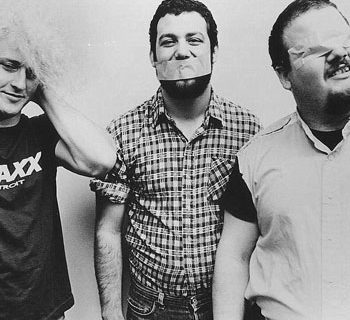Bob Dylan - Blood on the Tracks
Nobel Prize Winner Bob Dylan and I have always had a strained relationship. Whether it’s the amount of acclaim, or something I see in myself that I hate, I have struggled to enjoy his music. What I hate about his most popular work is the sense of distance it evokes. Whether Dylan sings with a pretentious affectation, or uses beautifully obscure lyrics to make the emotional meaning unclear, I always feel like I’m hearing a man who doesn’t want you to come close. As a man who has only ever known solitude and isolation, that is infuriating.
It is also, incidentally, why I love Blood on the Tracks.
In the interest of full disclosure, I have never had a girlfriend; but I have certainly made mistakes in matters of the heart. Those moments are ugly, brutal, and filled with poison. These acrimonious moments comprise my romantic history to this point, with no exceptions, and no reciprocity. They are hard, biting, and cut deep, leaving jagged scars wanting for beauty. This is the first album by Dylan that evokes those feelings in a way I understand.
The album is angry and filled with vitriol, with lyrics baring his pain. He is cynical, and angry, and tangled up in blues. The compositions are straightforward in the service of honesty: blues-y acoustic guitar and common time drums. It is a folk-rock requiem of a relationship. Written during a divorce, Dylan has claimed it isn’t about that; and maybe it isn’t, but that frustration is in there.
The girl I call Beatrice left my life silently and in devastation. Listening to this record awakens that scar. But when I hear Dylan scream about the fact that he’s hurt, lonely and longing, I don’t feel alone; I have a companion in pain.
It’s in his voice; it’s in the strum of his guitar; it’s in the strain of his rage.
Blonde on Blonde and Highway 61 Revisited are both artistically accomplished musical and literary statements, but Blood is from the heart. It’s in his voice; it’s in the strum of his guitar; it’s in the strain of his rage. His fingers strike a chord that resonates with my scarred, mangled heart.
Art is a relationship: some ecstatic, some intimate, and some violent; but they are always personal. This often makes contrary opinions difficult. It is easy to be insulted by someone’s distaste for something you love, because it is, in some way, insulting you. But the relationship is different for everybody. I may not be as openly adoring of Bob Dylan as others, but this album means something to me because it makes me feel less lonely.
And that’s all I need, sometimes.
Until I’m tangled up in blue.

